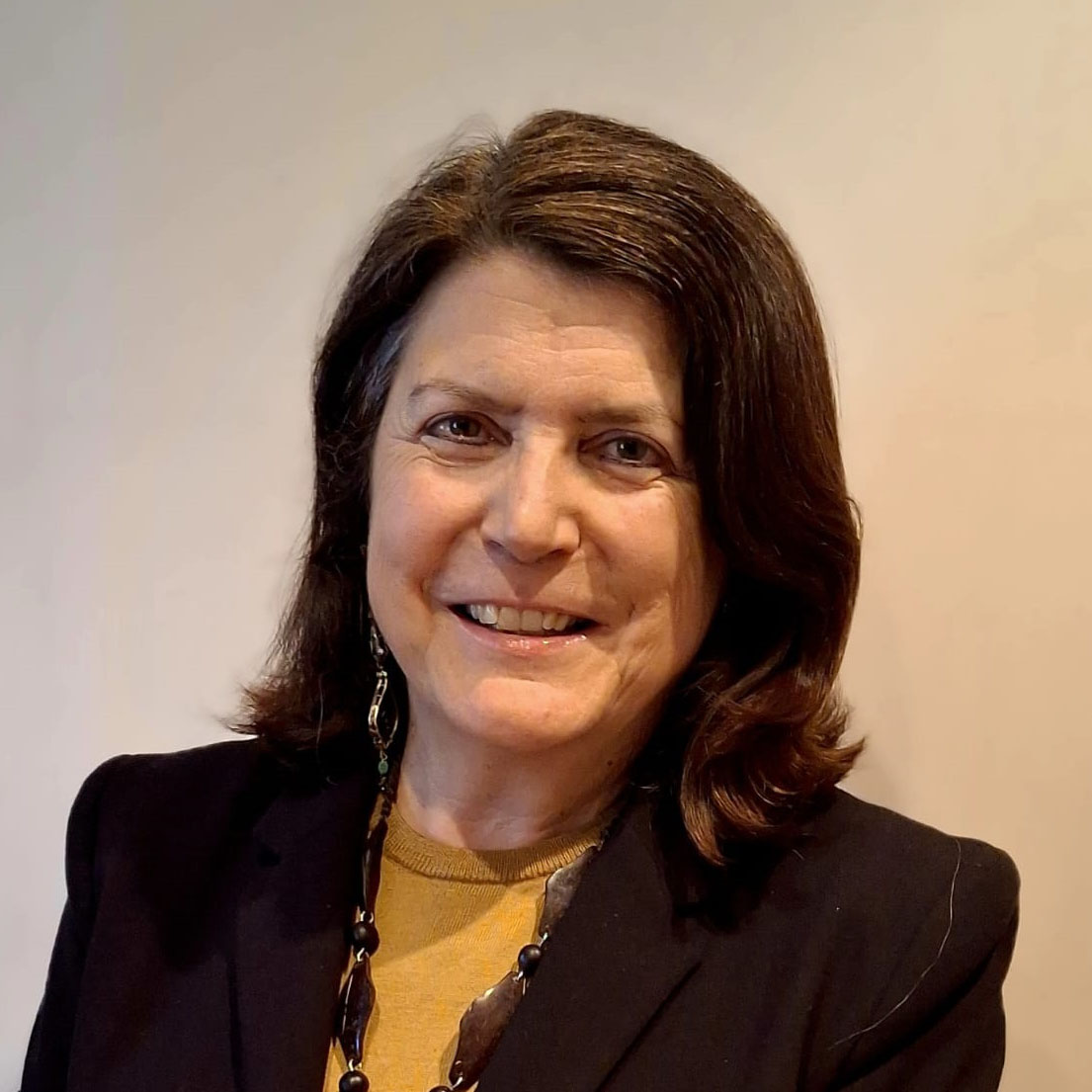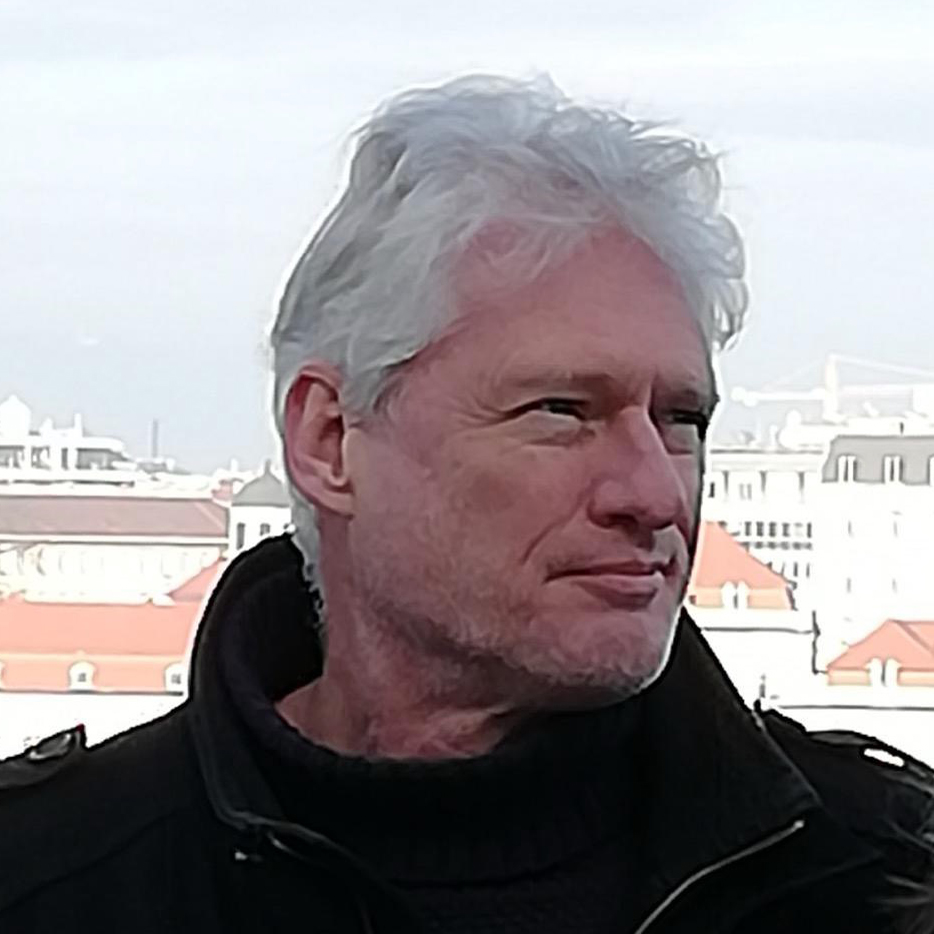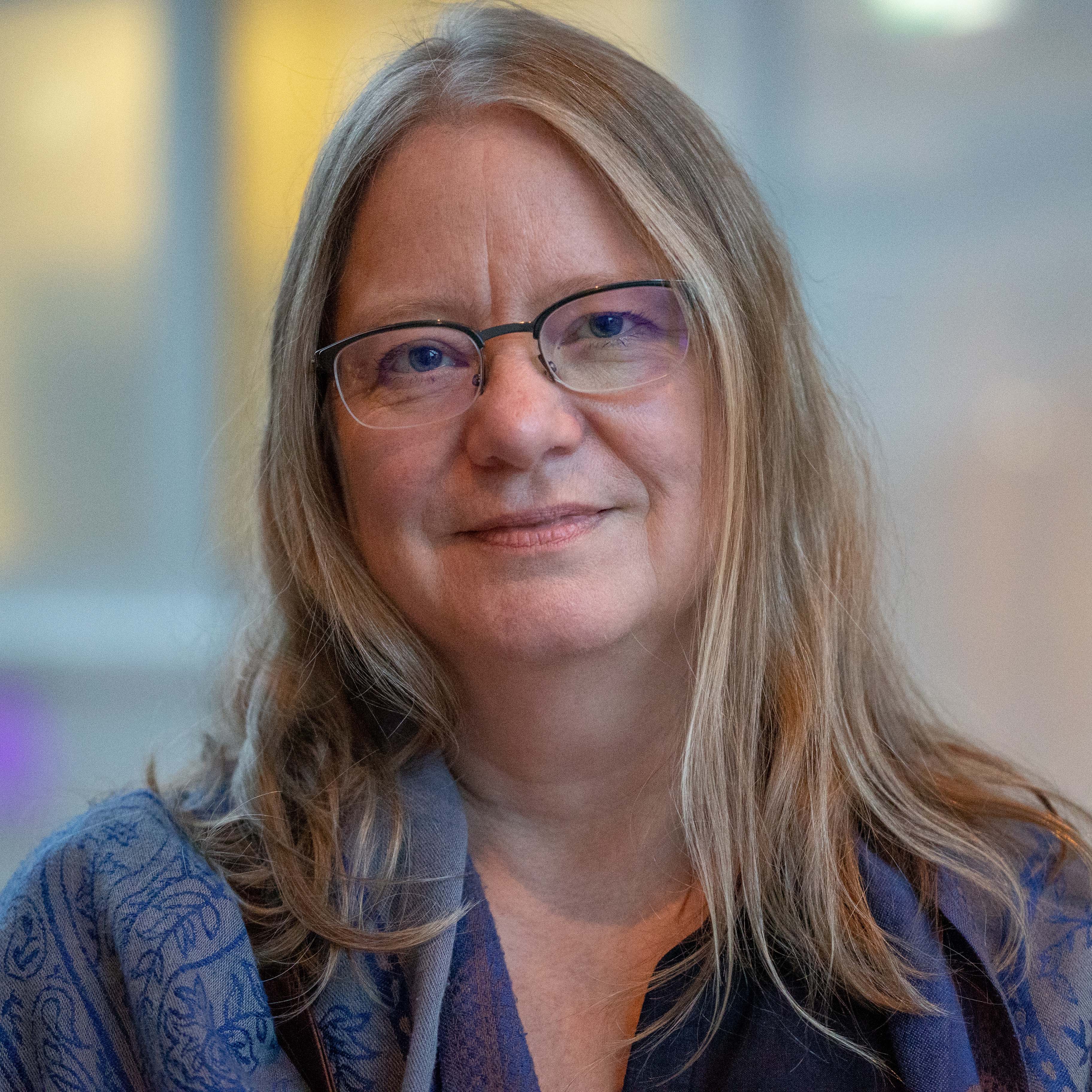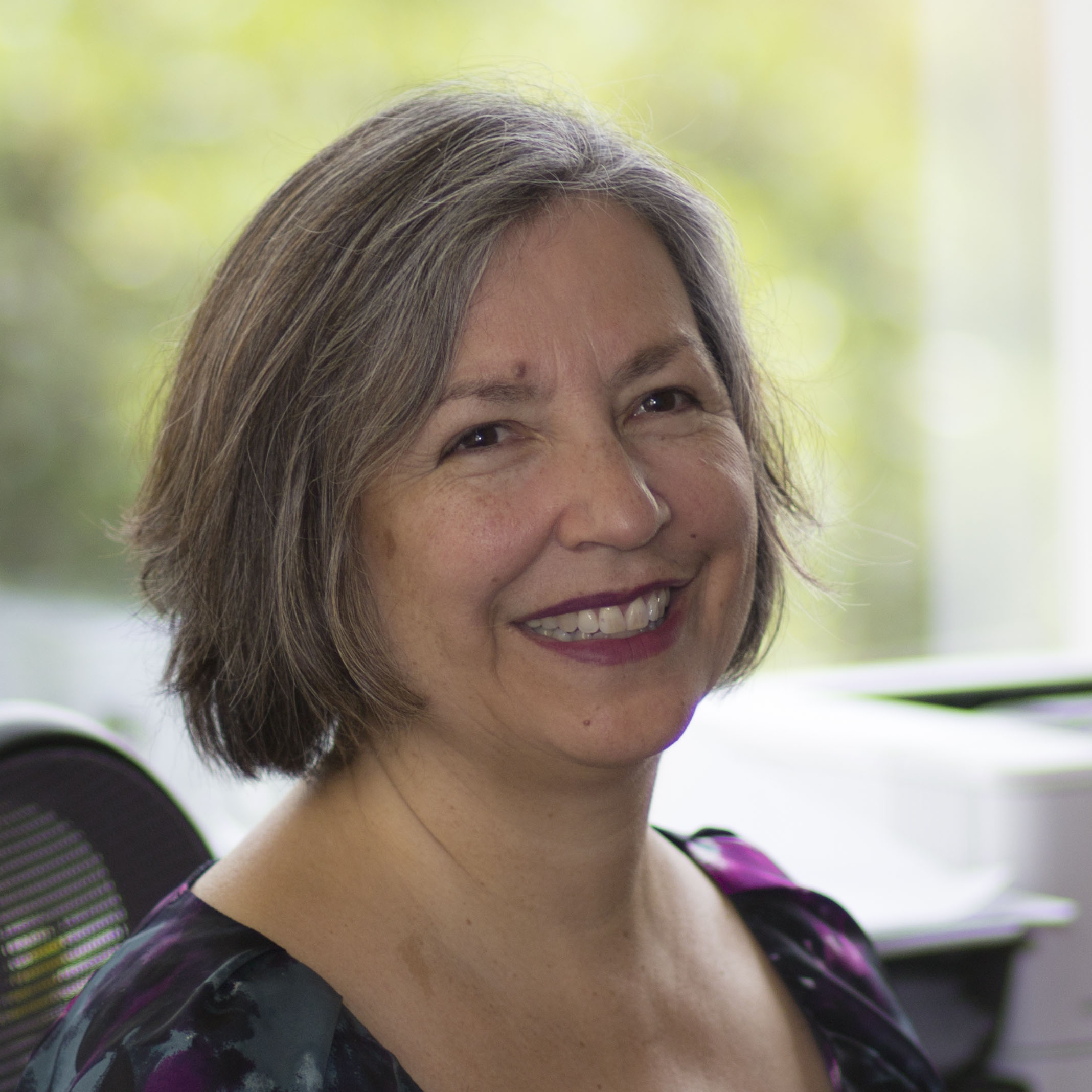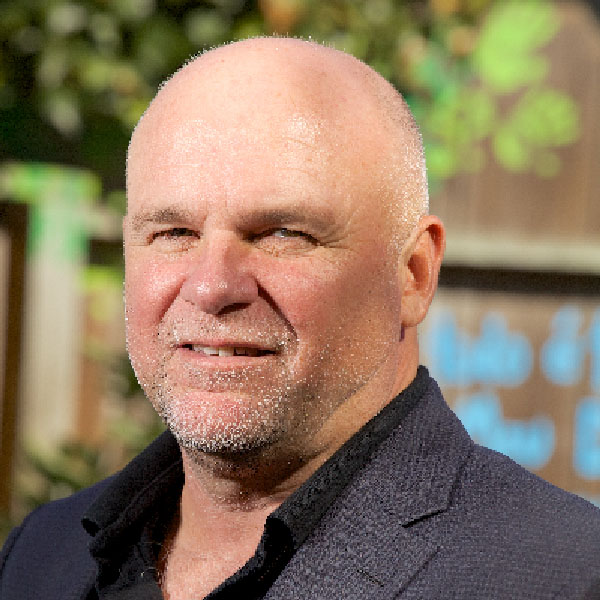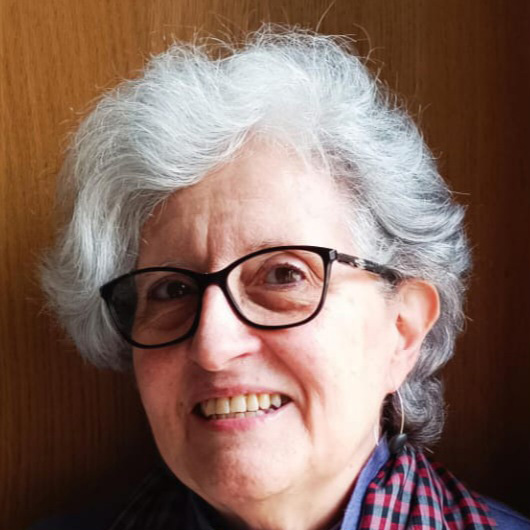
Laura Bosch
Bio
Laura Bosch is Professor Emerita at the Faculty of Psychology of the University of Barcelona. She is also member of the Institute of Neurosciences (UB Neuro) of the same institution and the Institute for Research Sant Joan de Déu (IRSJD) on pediatric population. She has coordinated the APAL infant Lab (Attention, Perception and Language Acquisition) linked to the UB and IRSJD research institutes. Her interests have covered a broad area of research on early speech and language perception but also production in both monolingual and bilingual populations. Within the field of bilingualism, her research has been centered in infancy, exploring early language differentiation skills, vocabulary building and phonological representation. Her research also includes populations at risk for neurocognitive disorders, with a focus on preterm infants and children with perinatal stroke. She is currently involved in a longitudinal research project on communication and oral language skills in infants born deaf two years after cochlear implantation.
Early bilingualism in close-language contexts: commonalities and specificities
Bilingualism is a broad construct covering a range of dual language learning contexts present in different socio-educational environments. A quick overview of the bilingual language acquisition literature reveals an evolution from the initial research, which focused on language differentiation issues, to more recent studies where a more nuanced approach on factors likely to modulate dual language learning is gradually being adopted. In consequence, general conclusions from the first studies have given way to more specific views on the learner and the learning contexts. Factors such as age of acquisition, quantity/quality of exposure and interactive situations, cognitive skills and strategies by the learner, as well as language properties and status, to mention but a few, have gained focus in research. At the same time, bilingual samples under study tend to be more precisely identified, avoiding data from heterogenous groups that might make interpretation difficult. In this talk I will review studies based on infants and children exposed to Catalan and Spanish, a pair of languages that are similar from a geographic, rhythmic, phonological, lexical and grammatical perspective; and I will contrast these studies with data obtained from populations exposed to languages that are less similar. I will selectively structure the talk in two separate but interconnected areas: 1) early language differentiation, and 2) the building of dual phonological systems. This overview will help identify research topics and questions that remain open to future studies on early bilingualism.




